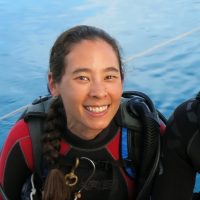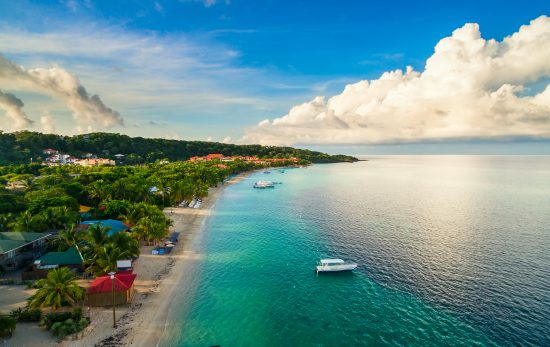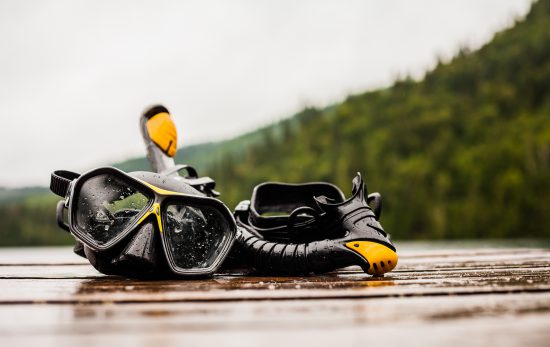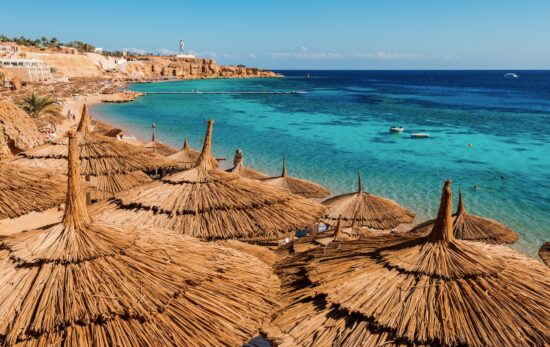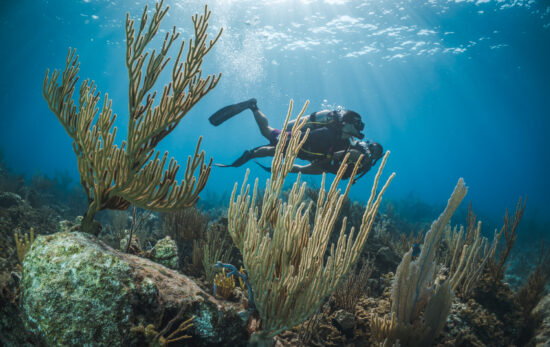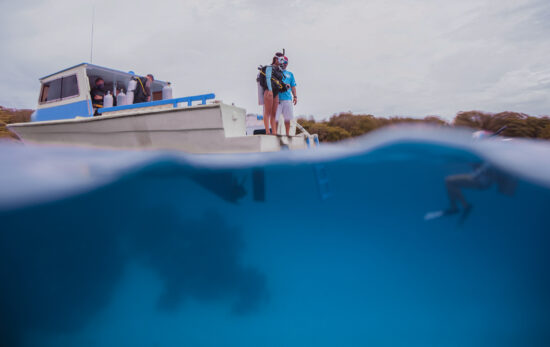If you’re fascinated by the underwater world and the amazing creatures that live there, then a scuba certification (like the PADI Open Water Diver certification) is your passport to extraordinary experiences that support healthy oceans.
What is a scuba certification? As well as proving that you’ve got the appropriate skills and knowledge, a scuba diving license identifies you as an underwater explorer and an ambassador for the ocean.
This article includes everything you need to know about scuba diving lessons, getting your PADI certification, and answers to frequently asked questions, such as “How much does it cost to get scuba certified?” and “How long does it take to get a scuba license?“
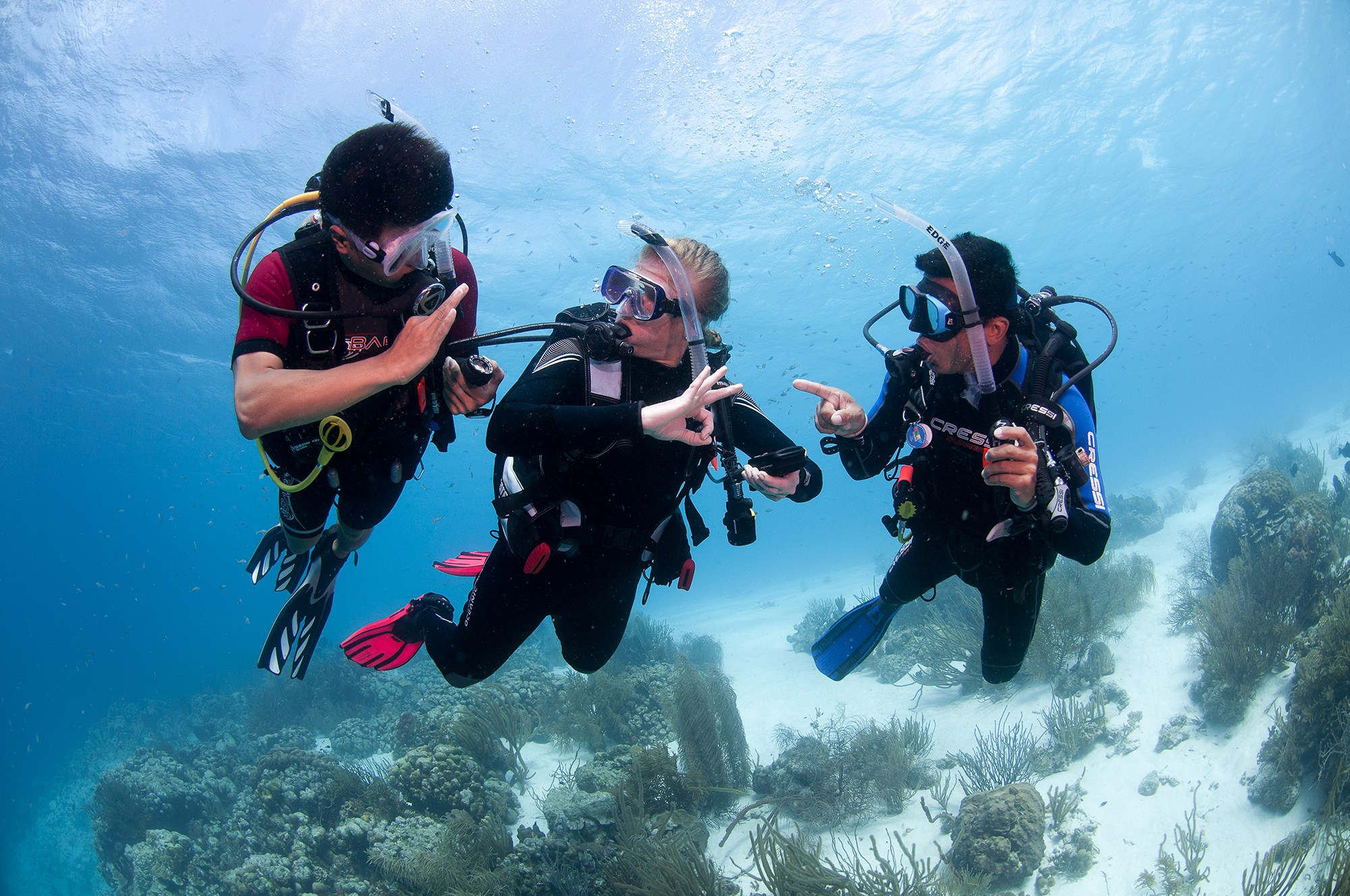
The Open Water Diver Scuba Certification
PADI’s Open Water Diver course is the world’s most popular and widely recognized scuba diving certification. You can become a certified diver in as little as four days or over the course of a year.
Why Get Scuba Certified?
Once certified to scuba dive, you can:
- Scuba dive with a partner (without supervision)
- Rent or purchase scuba diving gear
- Book excursions with dive boats and resorts
- Get air fills at local dive shops
- Call yourself a certified diver!
A scuba certification course is much more than just learning how to explore the underwater world safely (of course that’s covered). It’s a great way to reconnect with the natural world, recharge your blue health, and Live Unfiltered away from the hustle and bustle of everyday life.
By the time you finish your PADI Open Water Diver course, you’ll understand our ocean planet in a new way. Read on, or watch the video below, to learn more about getting scuba certified.
What’s in the PADI Open Water Diver Course?
There are three parts or phases to the PADI Open Water Diver course: knowledge development, confined water dives and open water dives.
Phase 1: Knowledge Development
You must be at least 10 years old, able to swim, and in good physical health to enroll in a PADI scuba diving course. In some countries, you may be required to have a medical evaluation by a physician (your PADI Dive Center or Resort will advise you if this is the case). If you meet these prerequisites, the first thing you’ll do is learn scuba diving fundamentals during phase one, “knowledge development”.
During knowledge development, you’ll:
- Learn all about scuba diving principles and equipment
- Familiarize yourself with scuba terminology
- Watch videos of diving skills
This phase involves self-study, so you control the time it takes for you to go through the material comfortably. Most people pace themselves and complete their knowledge development over a few weeks, but it can be completed in as little as a day or two.
You can complete your knowledge development online or offline. However, the most popular choice is PADI eLearning®, an independent study option where you read, watch videos, and take quizzes using your computer or mobile device. Complete your scuba studies whenever, wherever it’s convenient. On average, the PADI Open Water Diver eLearning requires eight hours to complete.
At the end of the knowledge development phase, you’ll take a final exam to ensure you have a thorough understanding of scuba diving essentials. Your PADI Instructor will answer any questions you may have along the way.
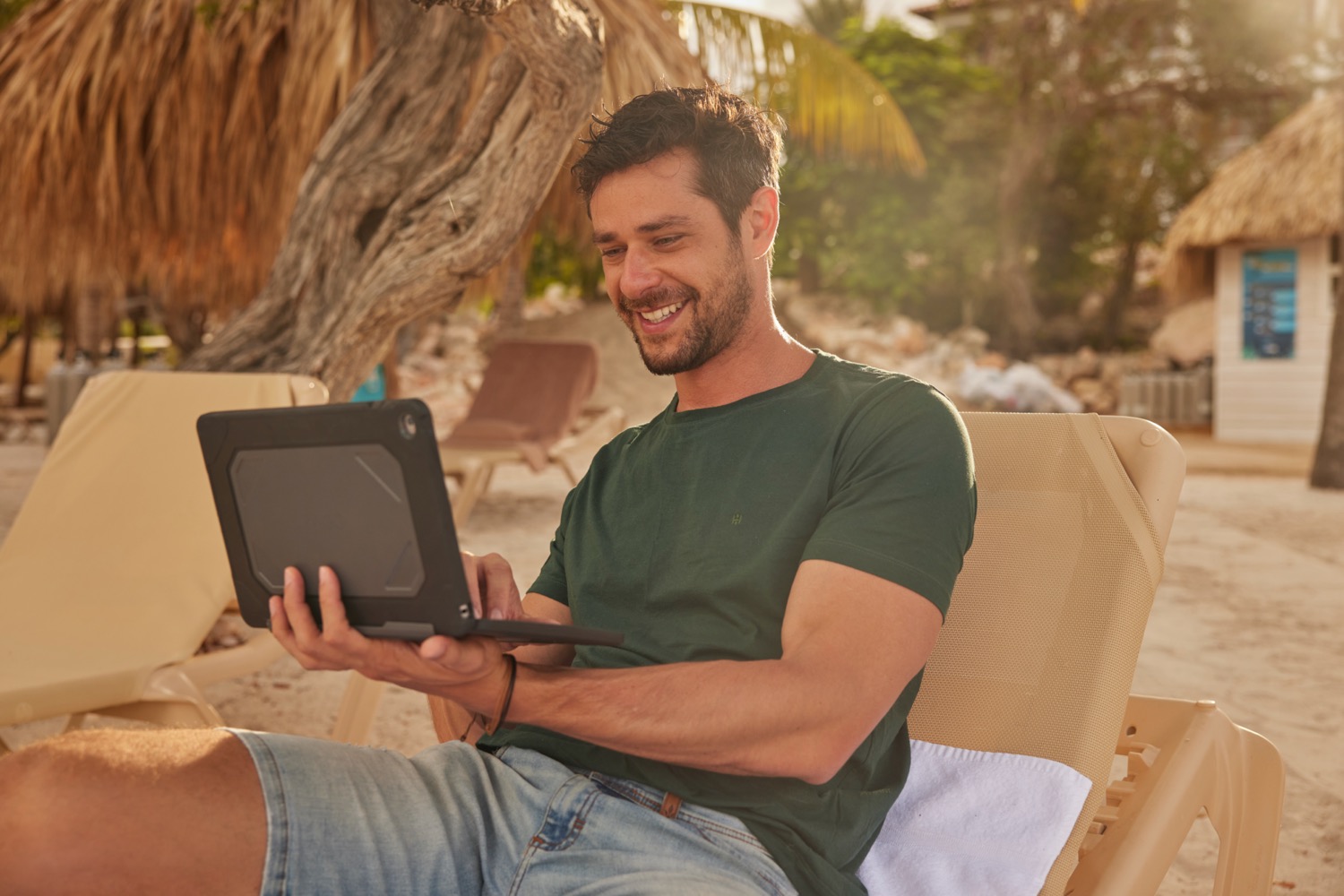
Phase 2: Confined Water Dives
During this phase, you’ll take your first breath underwater in a calm environment, such as a swimming pool or tranquil lagoon (known as “confined water”). You’ll practice basic diving skills, such as:
- Setting up your scuba gear
- Ascending and descending
- Buoyancy control
- Clearing water from your mask
- Using scuba hand signals
Your instructor will demonstrate and review these and other skills with you until you’re comfortable performing them on your own. When you have mastered the confined water skills and feel ready, you’ll move on to the final phase: open water diving!
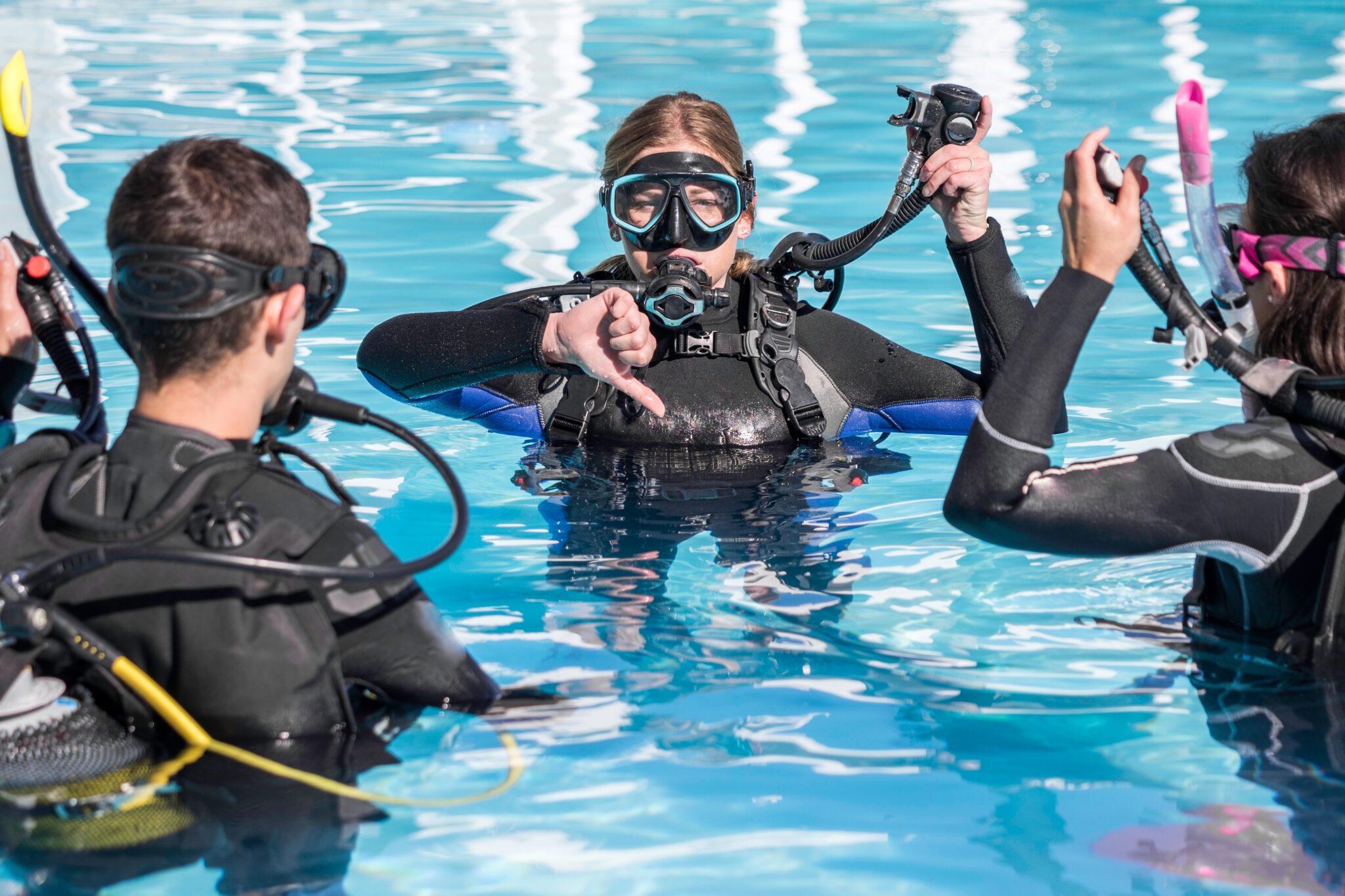
Phase 3: Open Water Dives
You’ll go scuba diving for the first time in open water, learning to dive to a maximum depth of 18 meters (60 feet). The PADI Open Water Diver course includes four open water dives, usually completed over two days. With your instructor by your side, you’ll demonstrate the skills you learned in confined water and then explore the aquatic world.
Many student divers complete their dives close to home – in the ocean, local lake, quarry, or other body of water. You can also complete your four open water dives while on vacation; ask your PADI Instructor about an Open Water Diver referral, which allows you to take the knowledge development and confined water sessions in one place and complete your open water dives in another.
After completing four open water dives and all other course requirements, you’ll become a certified PADI diver – a title that will last a lifetime. Now you are free to explore the other two-thirds of our ocean planet!
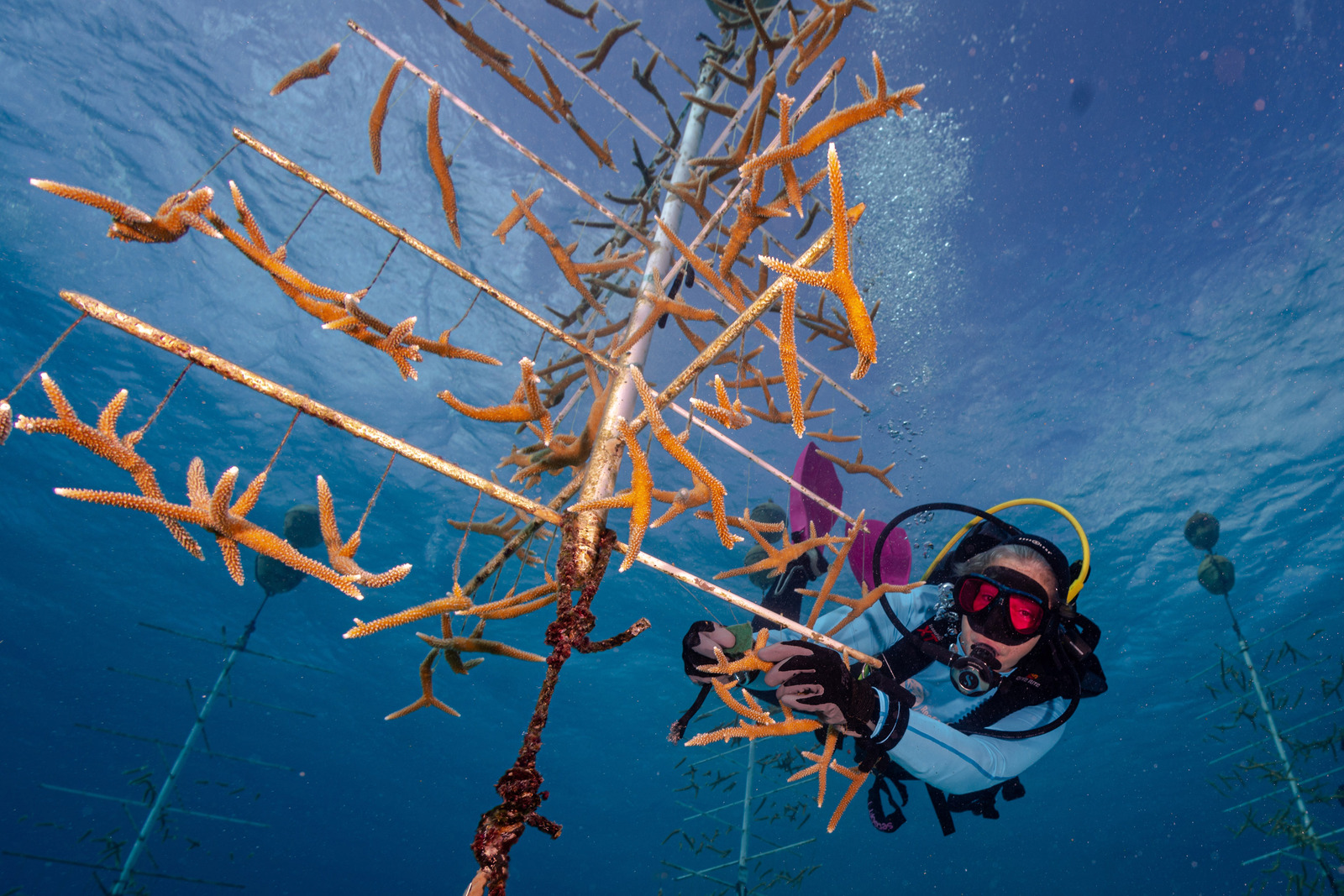
What Can I Do with a Scuba Certification?
Getting your scuba certification means you’ll be able to enjoy a range of underwater adventures – safely and confidently. You’ll be ready to go scuba diving across the world! As a PADI-certified Open Water Diver, you’ll also have access to many exciting PADI courses that help you reach your diving goals – whether they be exploration, ocean conservation, underwater photography, wreck diving, or your other favorite interests. You might even consider scuba diving as a job, such as becoming a scuba instructor, marine biologist, or a Hollywood stunt double!
Read more about the next steps you can take after getting your first PADI dive certification.
How Much Does a Scuba Certification Cost?
Scuba lessons cost about as much as a full day of surfing lessons, three hours of private golf lessons, or one amazing night out! Learning to scuba dive is great value, because you’ll earn a certification that’s good for life.
Other Costs and Equipment
The PADI Open Water Diver course requires both knowledge development and inwater training for certification. When you purchase a PADI eLearning course, the price includes the knowledge development portion only.
There will then be an additional cost to complete your training dives with a PADI Instructor. This cost will depend on factors such as class size, location, and whether or not you need to rent equipment.
- Most dive shops require students to provide their own mask, fins, and snorkel. If you already own a mask, snorkel, and/or fins, we recommend bringing them to your instructor before your first confined water session. Some snorkeling masks and fins are not suitable for scuba diving.
- Basic scuba gear, including a regulator, buoyancy control device (BCD), dive computer, and cylinder, may or may not be included with the inwater training cost.
- You may also need to buy or rent exposure protection (a wetsuit or drysuit), depending on the diving environment.
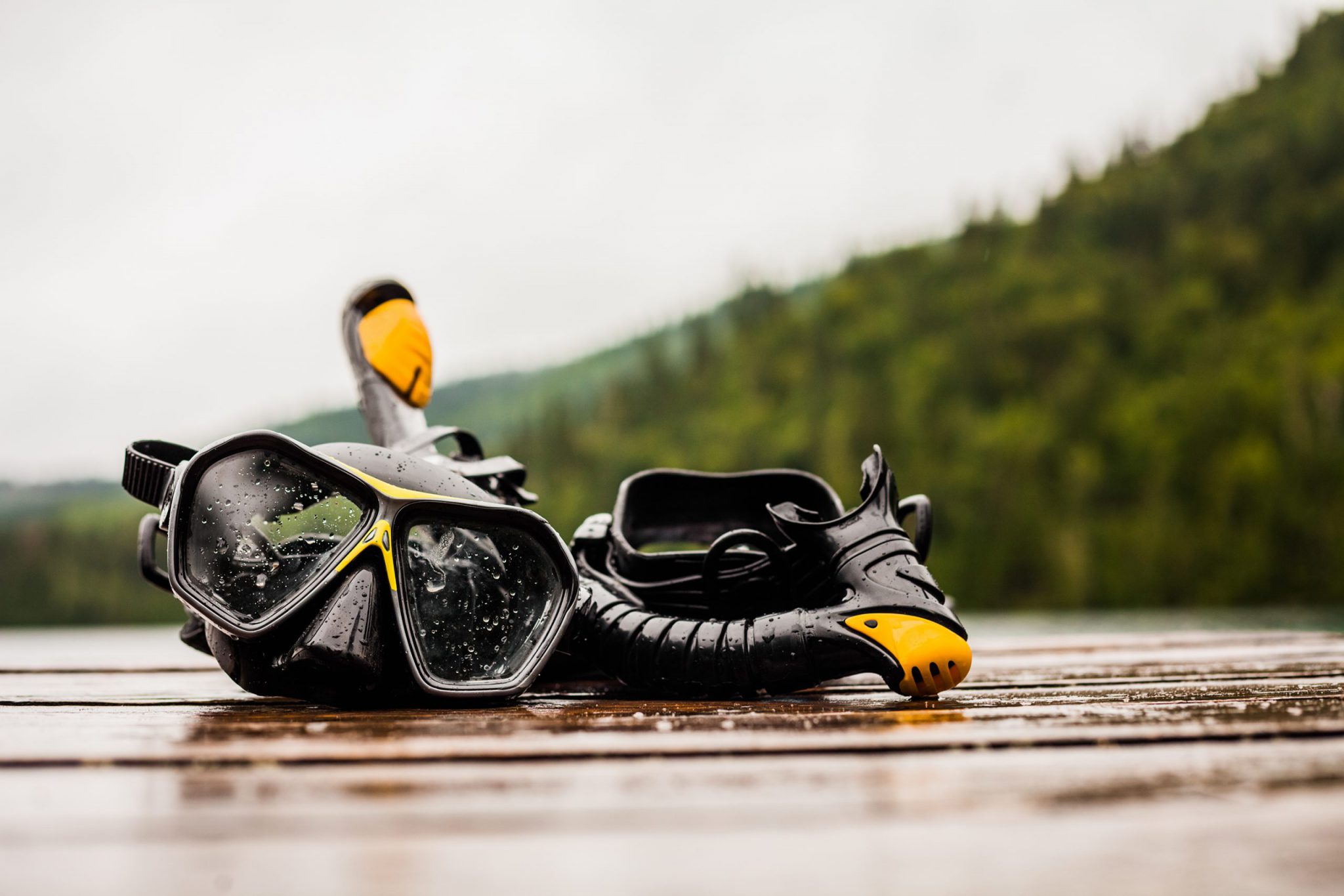
If you see an advertised price for your PADI diving course that’s drastically lower than all the others, ask what it includes. Some dive shops include everything for one price, while others charge separately for inwater training, online course tuition, scuba equipment, and so on.
Contact your local PADI Dive Center or Resort for more information and pricing. You can also find great deals by combining a resort stay with a PADI scuba diving certification. Visit PADI Travel® to connect with more than 500 resorts worldwide.
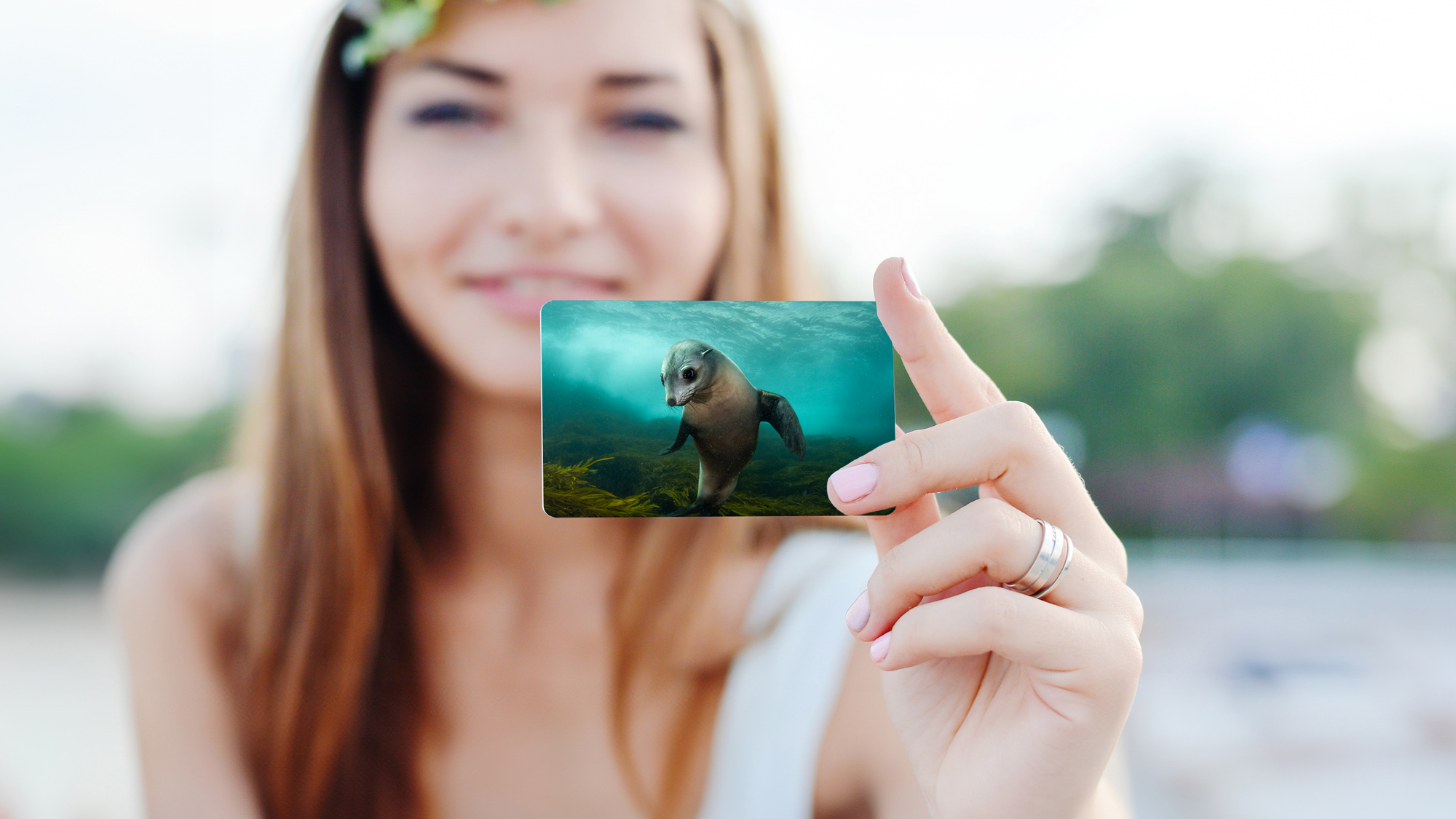
What is a PADI Certification Card?
Once you finish your PADI Open Water Diver course, you’ll receive an electronic certification card (PADI eCard™), which can be accessed via the free PADI App™ and PADI.com. It displays information that proves you’ve completed your PADI training. You can also choose to purchase additional Limited Edition PADI eCard designs, as well as plastic certification cards.
Will My PADI Scuba Certification Expire?
Your PADI certification and PADI card will never expire. However, if it’s been a while since your last dive, a scuba refresher program such as PADI ReActivate™ will help you refresh your skills and knowledge so you’ll be ready to dive into your next PADI dive course or vacation with confidence.
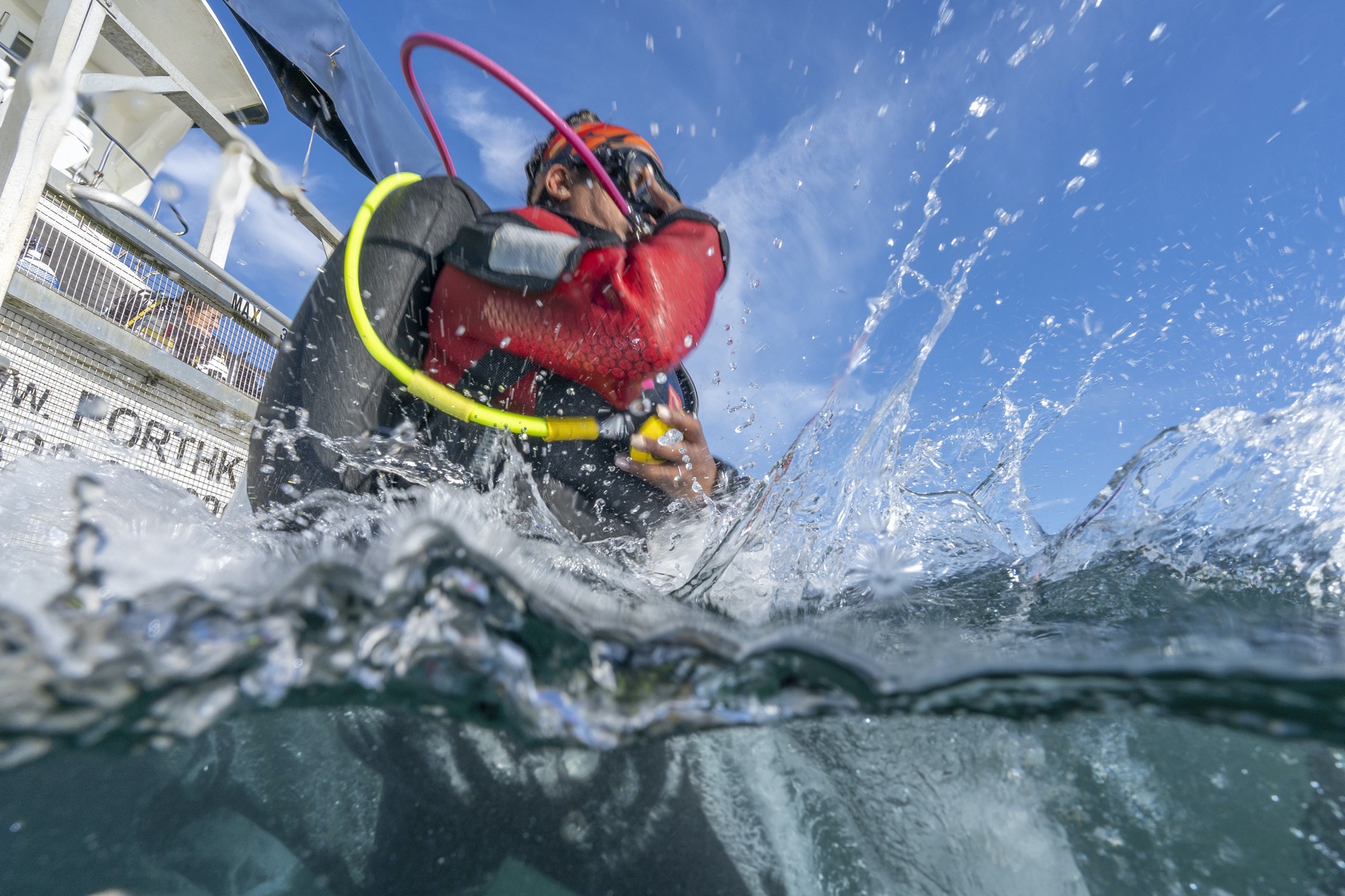
Tips From the Pros
- Fitting an Open Water Diver course into a short vacation can be a lot of pressure. If a relaxed, go-at-your-own-pace learning environment is important to you, choose online learning and start your inwater training at a local dive shop. This will prevent you from feeling time-pressured during your trip.
- If trying something new in a large group makes you uncomfortable, consider a private or semi-private class.
- Make sure you’re prepared (mentally and physically) before and during your scuba course. Get plenty of rest, stay hydrated, and show up on time. Ask questions, do your homework, but most importantly, relax and enjoy yourself! If you’re feeling a little nervous, then consider these tips for overcoming predive anxiety.
- Not sure if scuba diving is for you? Ask your local dive shop about a Discover Scuba® Diving experience. You’ll get to try on scuba gear and test your comfort level in a pool or other calm, shallow water environment with a PADI Professional.
Start Your Scuba Certification Today
If you’re ready to seek adventure and save the ocean, then take the first step by earning your scuba certification.
Becoming a PADI diver offers you the chance to Live Unfiltered away from the pressures of daily life, access an amazing world beneath the waves, and affect positive ocean change. Sign up for the PADI Open Water Diver eLearning course online today or contact your local PADI Dive Center or Resort to find out how to become a certified scuba diver.
